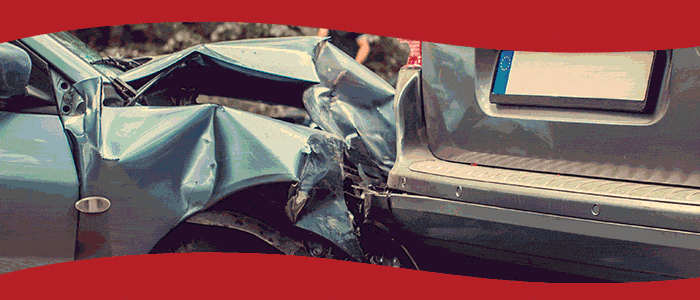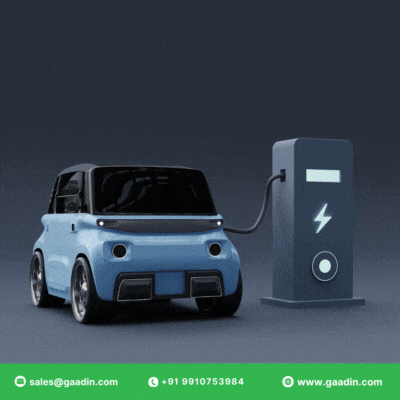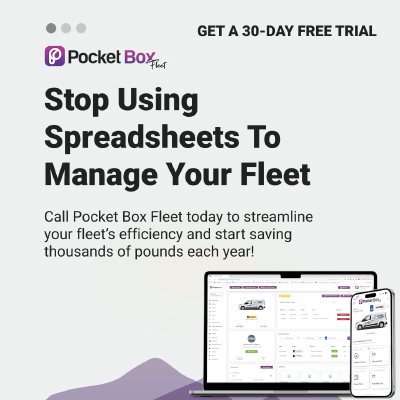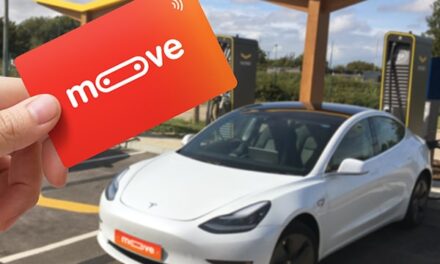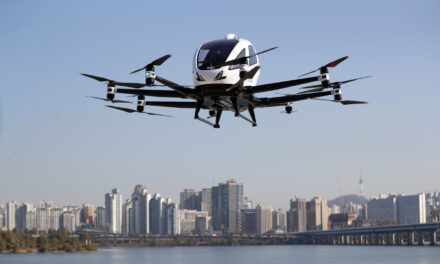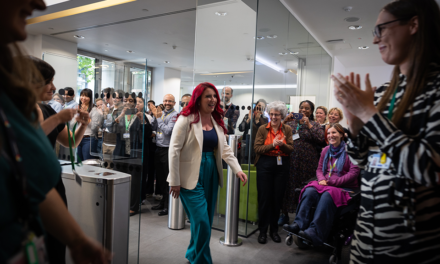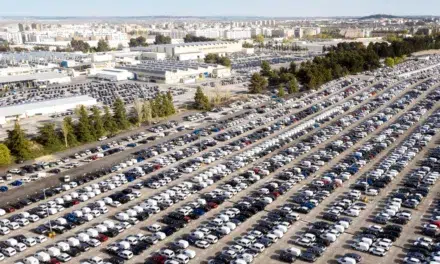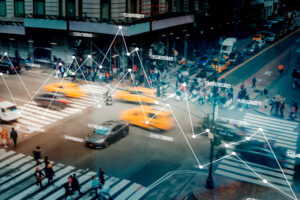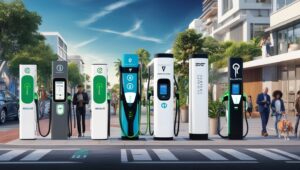As the fleet industry rapidly adapts to adopting electric vehicles (EVs), collision repairs have become a somewhat overlooked aspect of EV ownership. While environmental benefits, technological advancements, and range anxiety can dominate discussions surrounding EVs, the specifics of how to handle collision repairs for these vehicles are often given secondary consideration.
Focus on Environmental Benefits:
The rapid shift to EVs is largely driven by their environmental advantages. Reduced greenhouse gas emissions and decreased dependence on fossil fuels are key reasons why fleet operators are increasingly making the switch to electric vehicles. As a result, conversations around EV adoption tend to revolve heavily around sustainability, efficiency, and the future of green technology.
While these discussions are essential, they often overshadow the practical aspects of EV ownership, particularly when it comes to understanding and planning for collision repairs. The focus on long-term environmental impact and operational savings can make it easy to overlook the fact that, just like traditional vehicles, EVs will inevitably require repairs. This gap in attention is one of the main reasons collision repairs often take a backseat in the early stages of EV adoption.
Perceived Safety and Maintenance Benefits:
EVs are often perceived as safer and requiring less maintenance than traditional internal combustion engine vehicles. The absence of complex mechanical components, such as those found in traditional engines, as well as features like regenerative braking, contribute to the perception that EVs have lower maintenance needs and are less prone to collision damage.
This perception, while generally true in terms of routine maintenance, can also lead to an overestimation of the durability of EVs in the event of a collision. Fleet operators may assume that EVs, due to their simpler mechanical systems, will sustain less damage in an accident, which can result in underestimating the potential need for collision repairs.
New Technology and Performance:
As the electric vehicle market continues to evolve, much of the conversation around EVs tends to focus on their cutting-edge technology, impressive performance features, and the overall driving experience. Innovations such as instant torque, which provides rapid acceleration, and the smooth, quiet operation of electric motors, are often highlighted as major advantages of EV ownership.
Additionally, many EVs come equipped with advanced driver assistance systems (ADAS), including features like automatic emergency braking, lane-keeping assist, and adaptive cruise control, which contribute to a perception of safety and ease of driving. These technological advancements often dominate the narrative surrounding EVs, overshadowing other aspects of ownership, such as the need for collision repairs. While these features undeniably improve the driving experience and safety, they may also create a false sense of invulnerability.
Drivers and fleet operators may assume that these technologies reduce the likelihood of accidents or collisions, which can lead to a lower prioritisation of repair planning. As a result, the focus on technology and performance can unintentionally divert attention from the practical considerations of maintaining and repairing an electric vehicle after a collision.
Limited Experience and Awareness:
As electric vehicle adoption continues to grow, many consumers—especially fleet operators new to EVs—may have limited experience or awareness of the unique considerations involved in EV collision repairs. The intricacies of repairing electric drivetrains, high-voltage systems, and advanced battery technology are areas that most consumers and even some automotive professionals may not be familiar with, given the relatively recent mainstream introduction of electric vehicles.
For many, traditional vehicle repairs—such as engine work, body repairs, or brake maintenance—are well-understood and widely available. In contrast, the specifics of EV repairs, which may involve dealing with sensitive and complex components like battery packs and electrical systems, are less commonly discussed and understood. This lack of familiarity can lead to an underestimation of the repair challenges that may arise.
Without direct experience or education on the subject, many fleet operators and EV owners may not prioritise learning about these specific needs until they encounter a problem. This knowledge gap can contribute to collision repairs being overlooked or delayed, as the complexity of EV repairs isn’t fully appreciated until an incident occurs.
Emphasis on Range and Charging Infrastructure:
For many prospective EV buyers and fleet operators, concerns around range and access to charging infrastructure remain top priorities. Range anxiety—the fear of running out of power without convenient access to a charging station—continues to be one of the most commonly cited barriers to EV adoption.
Consequently, a significant amount of discussion around electric vehicles focuses on advancements in battery range, the availability of fast-charging networks, and the expansion of public and private charging options.
Addressing these concerns often takes precedence in marketing efforts, as manufacturers and fleet providers aim to reassure customers that EVs can meet their daily needs without interruptions. This focus on range and charging convenience plays a crucial role in educating consumers, but it also means that other aspects of EV ownership, such as collision repair, may receive less attention.
As a result, discussions about EV maintenance and repairs are often sidelined in favour of showcasing improvements in driving range and charging solutions, leaving fleet operators and owners with a limited understanding of what to expect when an EV needs collision repairs.
Cost Considerations:
When it comes to evaluating the costs of electric vehicles, the conversation often centers around the initial purchase price, potential fuel savings, and the lower maintenance costs associated with EVs. These factors are typically top of mind for consumers and fleet operators weighing the financial benefits of going electric. Since EVs have fewer moving parts and require no fuel, many buyers are drawn to the potential for reduced long-term operational expenses compared to traditional combustion-engine vehicles.
However, while collision repairs for EVs can involve specialised components and advanced technology, these costs are rarely highlighted during the purchasing process or in broader discussions of EV affordability. As a result, consumers may not fully consider or anticipate the potential expenses associated with EV collision repairs.
This emphasis on upfront and operational savings can lead to an incomplete picture of the total cost of EV ownership, where the possibility of repair costs may be overlooked until a collision occurs. By focusing primarily on cost savings from fuel and routine maintenance, discussions may underplay the financial planning needed to address potential repair needs effectively.
Is Your Fleet Ready to Handle EV Collision Repairs?
As electric vehicles become integral to fleet operations, understanding their unique collision repair needs is increasingly important. From the complexity of high-voltage systems to the specialised components involved, EV repairs demand a different approach than traditional vehicle maintenance.
While the benefits of EVs—such as reduced emissions and lower routine maintenance costs—are clear, the potential challenges of collision repairs should not be overlooked. So, as your fleet shifts toward an electric future, are you prepared to address the repair requirements that come with it?
Complete Vehicle Solutions
The main reason many businesses choose CVS is we take care of the details, allowing you to focus on your customers and business needs first. With over 14 years of experience, CVS has established itself as the go-to provider for insurers, brokers, corporate fleets, and third-party administrators.
CVS offers the service you need, delivered the way you want, with enhanced controls and reporting throughout—simple.
Reach out today to experience our services for yourself.
For more information, contact Charlotte Simonek at: [email protected] or 07792 732566.



